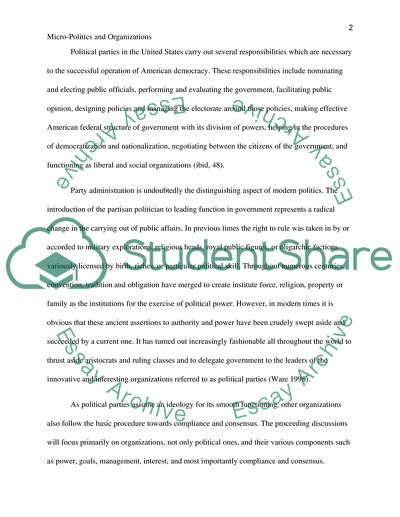Cite this document
(The Mechanism of Revolutionizing Both Collective and Individual Research Paper, n.d.)
The Mechanism of Revolutionizing Both Collective and Individual Research Paper. Retrieved from https://studentshare.org/politics/1719612-analyzing-the-micro-political-interests-of-the-parties-involved-in-the-decision-process-and-their-influence-on-the-results-of-the-process
The Mechanism of Revolutionizing Both Collective and Individual Research Paper. Retrieved from https://studentshare.org/politics/1719612-analyzing-the-micro-political-interests-of-the-parties-involved-in-the-decision-process-and-their-influence-on-the-results-of-the-process
(The Mechanism of Revolutionizing Both Collective and Individual Research Paper)
The Mechanism of Revolutionizing Both Collective and Individual Research Paper. https://studentshare.org/politics/1719612-analyzing-the-micro-political-interests-of-the-parties-involved-in-the-decision-process-and-their-influence-on-the-results-of-the-process.
The Mechanism of Revolutionizing Both Collective and Individual Research Paper. https://studentshare.org/politics/1719612-analyzing-the-micro-political-interests-of-the-parties-involved-in-the-decision-process-and-their-influence-on-the-results-of-the-process.
“The Mechanism of Revolutionizing Both Collective and Individual Research Paper”, n.d. https://studentshare.org/politics/1719612-analyzing-the-micro-political-interests-of-the-parties-involved-in-the-decision-process-and-their-influence-on-the-results-of-the-process.


